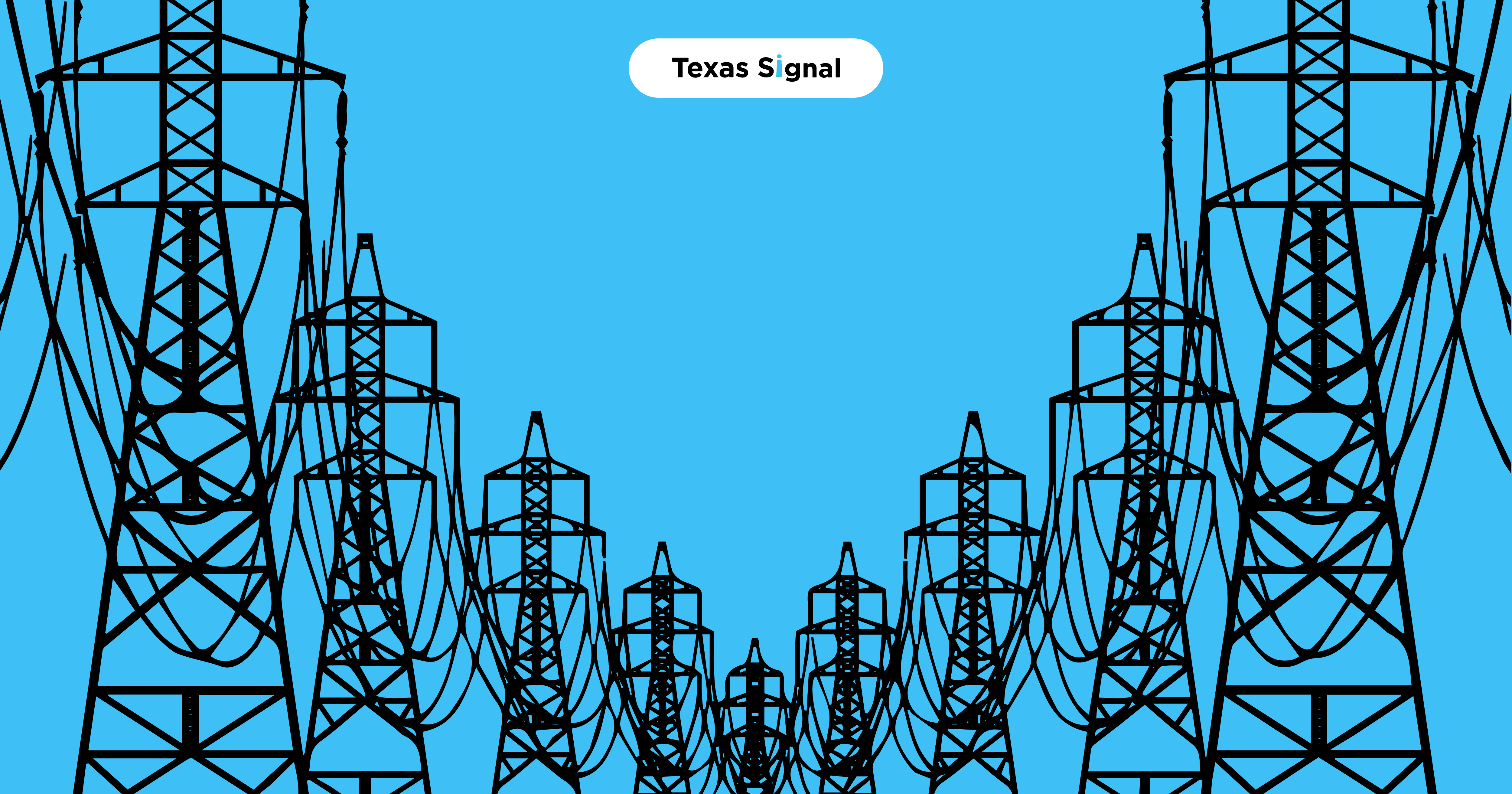After Winter Storm Uri and the subsequent blackout killed as many as 700 Texans, one would expect that preventing another such tragedy would be a top priority for the state legislature. Yet the 87th legislative session was largely defined by right-wing red meat issues from abortion to “election integrity.” The Texas legislature did manage to pass two bills reforming ERCOT, SB 2 and 3, at the last minute. However many experts believe that these measures don’t go far enough.
While many states were hit by Uri, the catastrophic power outages were unique to Texas due to a failure to “winterize” its energy infrastructure. The biggest failure was in regards to natural gas, the largest source of electricity in Texas. Warning signs have been around for decades, yet even after Uri the state is only going to take limited action in winterizing its gas infrastructure. SB 3 will only require gas facilities deemed “critical” by regulators to be winterize, rather than winterizing all of them.
The limited nature of SB 3’s winterization efforts is concerning due to the interconnected nature. During a cold weather events, “wellhead freeze-offs” will occur without proper winterization. This is when water that’s extracted with the natural gas freezes in the pipeline, which can completely shut down a well. When you combine the reduction in supply with the spike in demand that occurs during cold weather (people need gas for heating) as well as the fact that Texas doesn’t have much storage capacity (it’s usually easier to just pump more out of the ground), then the result is power plants not getting enough natural gas. Even if the power plants are properly winterized, it does little good if the infrastructure upstream is not.
Furthermore, wellhead freeze offs can cause a death spiral where natural gas plants going offline or reducing output results in pipelines and wells not receiving enough power, further reducing the supply of natural gas. This is exactly what happened during Uri.
Winterizing Texas’ natural gas wells would cost between $85 million and $200 million annually, and winterizing all 162 gas power plants would cost up to $95 million, according to the Dallas Federal Reserve. Considering that Uri could have cost Texas up to $130 billion, this seems like a worthy investment. Yet the natural gas industry has largely gotten off easy from the Texas legislature.
To make matters worse, a proposed $2 billion fund to pay for winterization of energy infrastructure. This measure was passed by the House but ended up dying in the senate, and no such fund is in SB 3. Under the House’s plan, the money would have come from the state’s rainy day fund but instead winterization costs will have to be paid for by companies, who might pass the cost on to consumers. An amendment to create a grant program to improve the resiliency of electric, health care and water infrastructure was also taken out in negotiations over SB 3.
It’s not all bad news though. A GOP effort to attack renewable energy did not make it into the final version of SB 3. Republicans have falsely blamed frozen wind turbines as being responsible for the blackouts, a myth that has been repeatedly debunked. Even if it were true, wind turbines can work in places like Antarctica so just like with natural gas it would merely be an issue of proper winterization.
SB 2 is also concerning. Under the bill, the size of ERCOT’s board would shrink from 16 to 11. A three-person selection committee, with the governor, lieutenant governor, and speaker each appinting one member, would select the other eight. Previously, politicians had no control over the selection of the ERCOT board, who’s members were selected either by ERCOT’s own nominating committee or consumers and companies in the electricity market. Experts are worried that SB 2 will result in ERCOT being run by political appointees who are not subject matter experts.
A simple way to fix ERCOT would be to just get rid of it. Texas is the only state with its own electrical grid and joining one of the two national grids would have avoided the tragic blackouts of February.If it weren’t for ERCOT, Texas could have easily imported electricity from other states during Uri. Indeed, El Paso was largely spared since it gets power from the Western Interconnection. An added benefit from joining the national grid is that Texas could make money exporting electricity to the rest of the country. Yet Texas has an isolationist electricity policy to avoid federal regulations, and there are no signs that the state government will change this anytime soon.
SB 2 and 3 are now headed to Governor Greg Abbott’s desk, where they will likely be signed into law. While there are some measures in the bills that are a step in the right direction, there are plenty of provisions that don’t go far enough and some that are even a step in the wrong direction. After Uri, reforming ERCOT should have been a higher priority for the Texas Legislature than it was, and the resulting legislation should have been far stronger. Such a tragedy cannot be allowed to happen again, and Texans deserve better.
William serves as the Washington Correspondent for the Texas Signal, where he primarily writes about Congress and other federal issues that affect Texas. A graduate of Colorado College, William has worked on Democratic campaigns in Texas, Colorado, and North Carolina. He is an internet meme expert.





